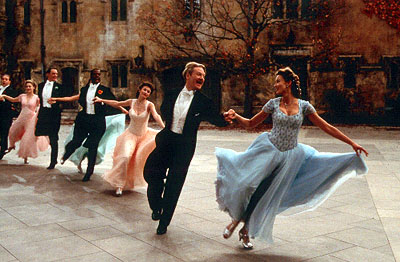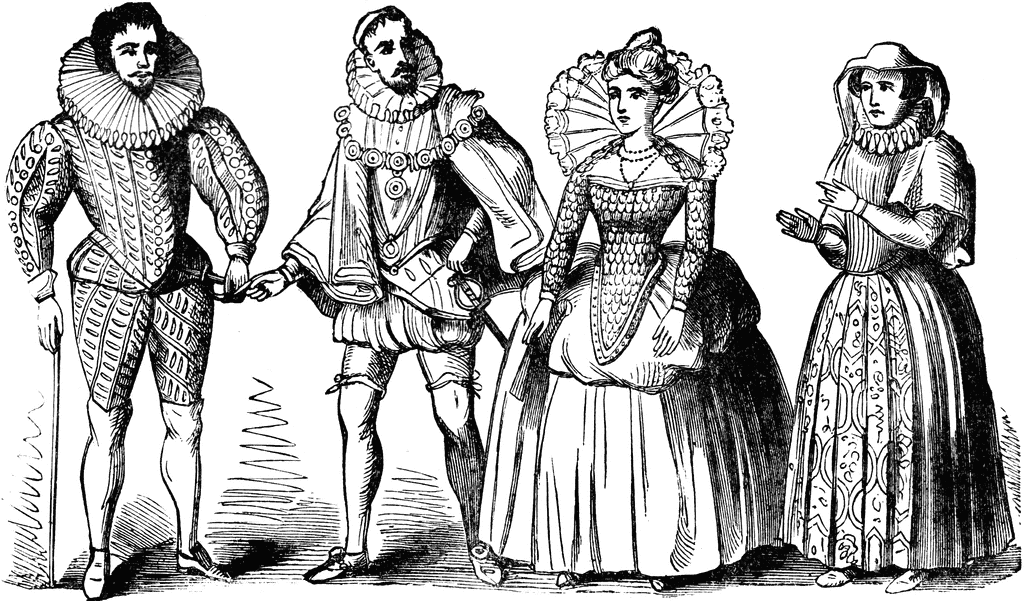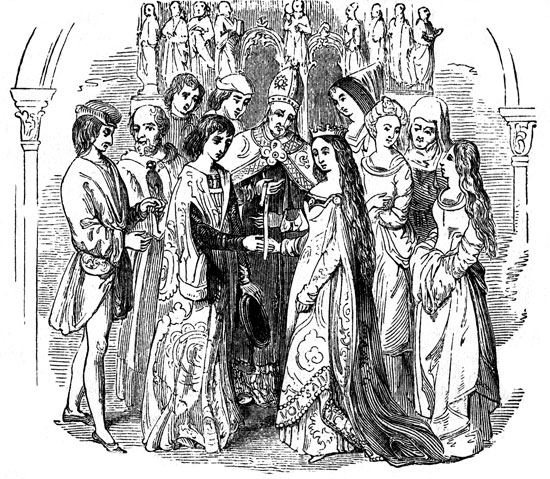So based on our meeting in class, I flushed out a basic plot for the play, it doesn't have character descriptions and its just a prototype. To my group, see what you want to add or change an we can combine our thoughts in class!
The Duke Of Venice
Act I
The Venice Council discusses the potential problems with the Duke’s failing health. They send two Council members to the Dukes estate to report his standing
Francisco and Fillippa are attending to their father when the two councilmen arrive they trick the Duke into passing a law that his son must get married within a month or forfeit his title. Francisco and Fillipa return and the Duke makes his announcement and gives advice to his children, before dying. Lucio gains a fortune from his dying master.
Act II
Francisco declares war against Croatia. The Council and Fillippa are against him. Fillippa wishes to become the duke and rebukes her brother because he isn’t serious. Francisco doesn’t want to be king or marry but to continue his learning and see the world. Lucio returns to venice to marry and gain a larger fortune. He visits, Francisco, an old friend, at the Palace.
Act III
The Council enlists Fillippa in a plot to prevent Francisco from marrying.
Lucio wins a bet from a Aristocrat and sets the councilmen’s servant free. The servant leaves town and Lucio collects his money from the Aristocrat. Francisco discusses, with a Croatian ambassador, his intent of war. He begins accepting suitors. and false in love with Fillippa, who is disguised. Lucio returns to the palace and likewise falls in love with the disguised Fillippa. Fillippa likewise falls in love with Lucio.
Act IV
The Aristocrat seeks revenge on Lucio and accuses him of stealing his money. Lucio, is sentenced to hang. Francisco declares his intention to marry the disguised Fillippa. Fillippa, in love with Lucio urges Francisco to help him escape. Francisco, conflicted with his duty and friendship, decided to seek out the servant who Lucio freed as a witness. The ambassador of Croatia threatens war against Venice.
Act V
Francisco returns with the servant, who clears his name, to Lucio’s hanging. Fillippa reveals herself and confesses her love for Lucio. The Councilmen is arrested and Lucio receives his business. Francisco Marries the princess of Croatia, therefore preventing the war and keeping his position. Fillippa and Lucio are married and she gives her blessing to Francisco. The Council accepts Francisco as the Duke.











